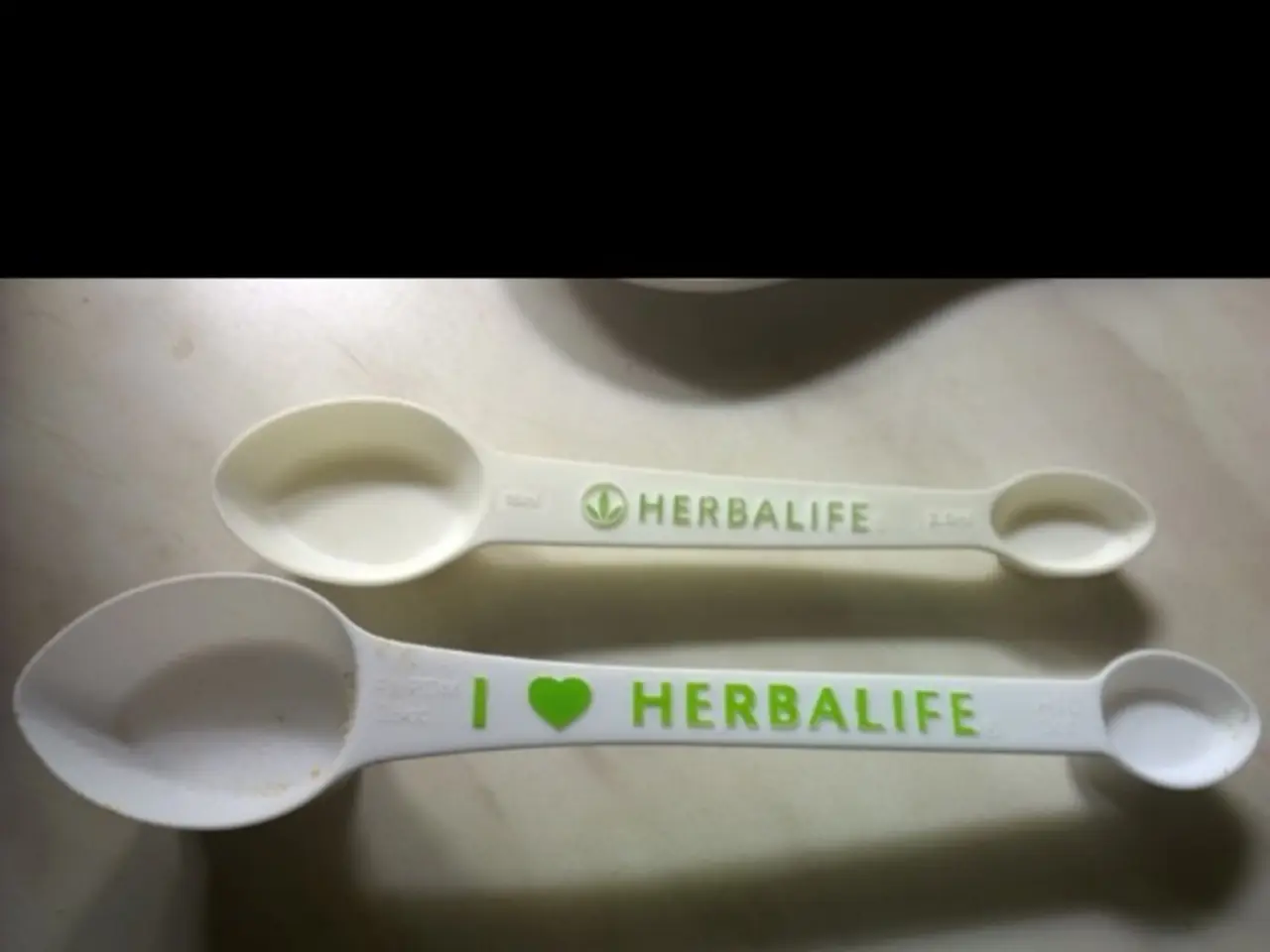Enhancers for Breast Milk Output: How Efficient Are They?
Lactation supplements, designed to boost milk production in nursing individuals, are a popular topic of discussion among new parents. These supplements often contain a variety of ingredients, such as fenugreek, milk thistle, blessed thistle, fennel, black seed, shatavari root, Coleus amboinicus, and palm date, among others. However, the safety and effectiveness of these supplements are subjects of debate.
Common questions surrounding lactation supplements include when to start taking them, their safety during pregnancy, and their effectiveness in increasing milk supply. Unfortunately, the scientific evidence supporting the safety and efficacy of lactation supplements is limited. There is ongoing debate about the role of galactagogues and lactation supplements in increasing milk supply.
One supplement that has shown promising results is Moringa oleifera. Studies have consistently shown that Moringa oleifera leaf supplementation can increase breast milk volume and enhance prolactin, a hormone that promotes milk production, supporting its role as an effective natural galactagogue.
However, not all supplements are created equal. Creatine, for example, lacks sufficient safety data during breastfeeding and is advised against due to potential unknown risks. When choosing an herbal galactagogue, safety and reported efficacy should be carefully considered.
Pregnant and nursing individuals should exercise caution when considering any supplement, as some herbal supplements may interact with medications or other supplements. It is always advisable to speak with a doctor for personalized advice on lactation concerns such as milk supply.
In addition to supplements, nursing individuals may want to try increasing how often they nurse or using breast pumps as alternatives to increase milk production. Adequate rest, a nutritious diet, and regular water intake may also help increase milk supply.
The Food and Drug Administration (FDA) does not regulate herbal lactation supplements, and the ingredients, dosage, and production of these supplements do not undergo monitoring for quality or consistency. Third-party lab testing certifications, such as USP, Consumer Labs, and Informed Choice, can provide some level of assurance regarding the quality of these supplements.
It is essential to note that the safety and measurable benefit of lactation supplements are unclear. While certain supplements like Moringa oleifera appear effective and safe for enhancing lactation, the field requires more robust clinical evidence to broadly endorse lactation supplements. Safety concerns vary by supplement type, and medical guidance is crucial when considering supplementation during breastfeeding.
Emerging research suggests that some natural dietary supplements may have protective effects against diseases like breast cancer during breastfeeding. However, these findings are preliminary and require further human studies to assess safety during lactation.
In summary, while certain supplements like Moringa oleifera appear effective and safe for enhancing lactation, the field requires more robust clinical evidence to broadly endorse lactation supplements. Safety concerns vary by supplement type, and medical guidance is crucial when considering supplementation during breastfeeding. Always consult with a healthcare provider before making any decisions about lactation supplements.
- The predictive role of some natural dietary supplements in conferring protection against diseases like colitis, psoriasis, depression, ulcerative colitis, and women's health during breastfeeding is a topic of emerging research.
- Aq (Coleus amboinicus), shatavari root, and Moringa oleifera are among the ingredients found in certain health-and-wellness lactation supplements, designed to boost milk production in nursing individuals.
- The science behind lactation supplements, including their safety and effectiveness, is a subject of ongoing debate, with the FDA not regulating herbal lactation supplements and their ingredients, dosage, and production not undergoing monitoring for quality or consistency.
- Although using lactation supplements, such as Moringa oleifera, may show promising results in increasing breast milk volume and enhancing prolactin for improved milk production, the safety concerns for various supplements, like creatine, can present potential risks during breastfeeding.




